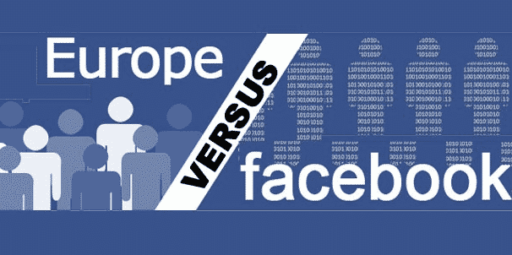Eugene Kaspersky is one of the most powerful people in the world today. And his power primarily emanates from the fact that he heads the company Kaspersky whose anti-virus is used most widely around the world. However, there is more to Kaspersky’s life than merely an anti-virus company.
Right now, the business for Kaspersky Lab is booming. Its sales increased by a whopping 177 percent between 2009 and 2010, effectively pegging them at 4.5 million a year. In recent times, Kaspersky Lab has been able to catch two vitally significant pieces of malicious software, or malware. These were Stuxnet and Flame. Both were apparently launched by the US government as cyber weapons of espionage. Kaspersky Lab was able to find them out and tell the world about it.
Many analysts grow sceptical of Kaspersky because in his young days, he served in the Soviet military as well as intelligence. For instance, according to this article on Wired, currently he is in the good books of president Putin and enjoys a cordial relationship with the Federal Security Service. In fact, his company often helps the intelligence agencies in apprehending the criminals.
However, what is rather perplexing is that Kaspersky has a vision of the future in which internet is closed and controlled. He wants to launch ‘digital passports’ to signify every online user’s identity so that no anonymous hackers can be on the web. According to him, “It’s too much freedom there. Freedom is good. But the bad guys—they can abuse this freedom to manipulate public opinion.”
While his vision may be genuinely in line with the security concerns of many, the problem is that a controlled internet effectively removes all chances of dissent – which means that people will no longer be able to criticize their governments if indeed we move on to the era of ‘digital passports.’
The scary thing is that Kaspersky has all the connections and resources to make it happen. He is currently in very good talks with International Telecommunication Union or ITU. For long, US corporates have made major decisions about the web but now, the likes of China and Russia want this power to be evenly distributed through ITU, which is a UN body. The problem with ITU right now is that it tends to endorse the model of a closed internet – and thus, in it, Kaspersky has found a good, vocal friend.
While Kaspersky’s expertise in tackling cyber security is absolutely unquestionable and he stands tall among his peers when it comes to creating the best anti-virus software, his ideas on how to fully secure the internet are somehow flawed. That is because they aim to strangle and censor any criticism which may not be liked by the governments. And if indeed ITU decides to endorse such a model, perhaps the internet would need to launch a campaign along the lines of anti-SOPA movement to secure its freedom.
Source: Wired
[ttjad keyword=”all-in-one-desktops”]



